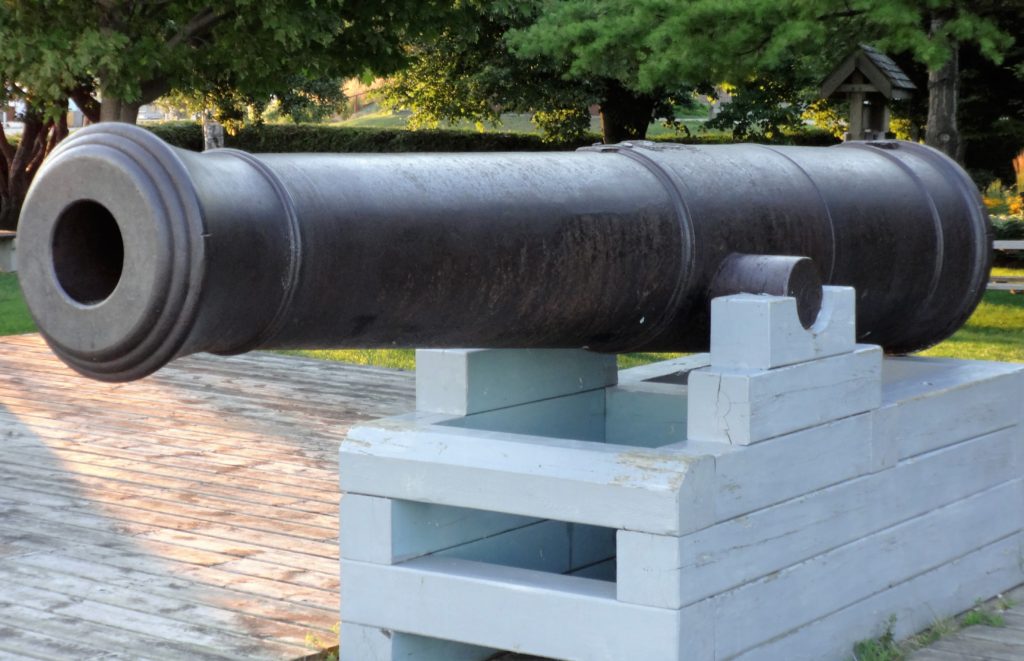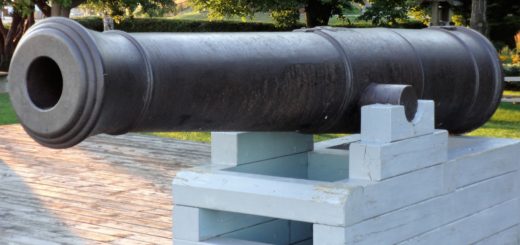Civility, Weapons, and Freedom
Progressives are preternaturally disposed to defend their tyrannical inclinations by intellectual subterfuge, such as by turning issues around on their opponents through obfuscation. For example, it is typical for progressives today to defend their wish to confiscate guns or severely regulate gun possession on the grounds that in a civilized society, citizens would not be carrying weapons around in the streets — perhaps true, and utterly beside the point. (See a good example of this from one Matthew A. Sears, an associate professor of classics and ancient history writing in the Washington Post a couple of years back. Academics are always saying the funniest things, especially when moved by the urge to ingratiate themselves to totalitarians.)
In a healthy community, men would not walk around the streets brandishing deadly weapons, let alone concealing them from one another. True. For they would feel no need to do so, and would surely welcome the civility inherent in greeting one’s fellow citizens without need of “insurance.” Laying down one’s arms for one another is a sure sign of mutual trust and goodwill, and a community that makes this a universal norm in daily life is in a much happier condition than one that does not. But this is no argument against the freedom to own and bear arms; rather, it is an argument for a more civilized community life. For the laying down of arms for one’s neighbor, as a sign of civility, must by definition be a voluntary mutual disarmament. Voluntarism, after all, is of the essence of anything worthy of the name “civility.” Prisoners in solitary confinement are certainly presenting no threat to one another, and yet one could hardly call such a condition a civilized community. Men choose to show mutual trust, or there is no mutual trust.
On the other hand, as long as irrationality and immoderation reign in a society, it is understandable that many will feel the need to gird themselves as if for battle merely to walk the streets of their own towns. No, this is not a desirable condition. But it is understandable — and perfectly within the rights of semi-free citizens. Thus, “civilized people would not walk the streets with guns” is not an argument against the freedom to carry guns, but merely an argument for the improved social conditions in which people might gradually feel more inclined to disarm.
None of the above, however, is relevant to the issue of whether guns ought to be controlled by the state. For the mere freedom to own deadly weapons, regardless of the level of general civility presiding in one’s community, is plainly a natural byproduct of being a rational animal with an innate desire to preserve oneself. To divest men of this freedom is to divest them of freedom simpliciter. A free man, if that phrase is to have any practical political significance at all, must be, in large measure, one who retains the basic power of self-determination. This is to say that he submits to a governing authority, when he does, for the purpose of ensuring his general safety to pursue his own good, such that any governing authority which exceeds this function — that is, which assumes authority that would necessarily override the man’s basic power of self-determination — has become hostile, i.e., a threat, to the man’s freedom, which, to that extent, releases him from his moral obligation to subject his will to that authority. In such a case, should it deteriorate to extremes, men taking up arms to defend themselves against that delegitimized governing authority might be deemed necessary, as has happened throughout history more often than we can count. Paradoxically, however, nothing more obviously delegitimizes the governing authority, or more clearly demonstrates the need for men to take up arms in defense of their basic freedom of self-determination, than a government’s attempt to divest the citizens of their practical means of defending themselves against an extreme threat to their freedom.
Of course, we must note that none of this has any practical applicability anymore, since there is no longer any political freedom on this Earth, nor any significant number of men willing to defend such freedom if it did exist. (Indeed, the second condition is the primary cause of the first.) For practical life purposes, then, we are back to this point which I have emphasized often of late: There is a higher form of freedom, one not subject to the caprice of any tyrant or compliant mob, that is admittedly far less conducive to earthly comfort and pleasure, as those notions are typically understood today, but nevertheless far more conducive to the genuine self-knowledge and spiritual development which are, after all, the real reason we are here — or at least some of us.



